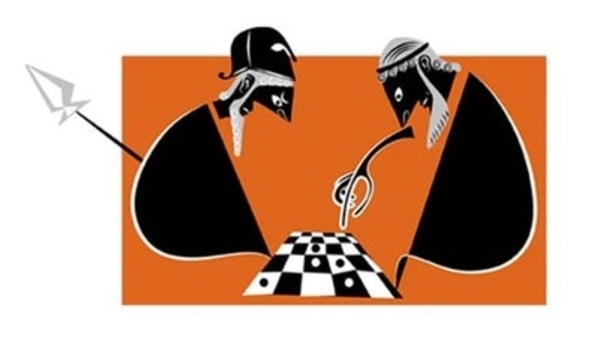Price:
9321 EUR
Contact
National University of Singapore
Description
In this course we study the ancient, Socratic art of blowing up your beliefs as you go, to make sure they're built to last. We spend six weeks studying three Platonic dialogues - "Euthyphro", "Meno", "Republic" Book I - then two weeks pondering a pair of footnotes to Plato: contemporary moral theory and moral psychology.
Platonic? Socratic? Socrates was the teacher, but he said he never did. Plato was the student who put words in his teacher's mouth. You'll get a feel for it.
We have a book: the new 4th edition of "Reason and Persuasion", by the instructor (and his wife, Belle Waring, the translator.) It contains the Plato you need, plus introductory material and in-depth, chapter-length commentaries. (Don't worry! John Holbo knows better than to read his book to the camera. The videos cover the same material, but the presentation is different.)
The book is offered free in PDF form - the whole thing, and individual chapter slices. It is also available in print and other e-editions. See the course content for links and information.
The course is suitable for beginning students of Plato and philosophy, but is intended to offer something to more advanced students as well. We seek new, odd angles on old, basic angles. Tricky! The strategy is to make a wide-ranging, interdisciplinary approach. Lots of contemporary connections, to make the weird bits intuitive; plus plenty of ancient color, still bright after all these years. So: arguments and ideas, new possibilities, old stories, fun facts. Plus cartoons.
The results can get elaborate (some book chapters and some lesson videos run long.) But each video comes with a brief summary of its contents. The lessons progress. I put them in this order for reasons. But there's no reason you can't skip over and around to find whatever seems most interesting. There are any number of self-contained mini-courses contained in this 8-week course. You are welcome to them.
Plato has meant different things to different people. He's got his own ideas, no doubt. (Also, his own Ideas.) But these have, over the centuries, been worn into crossing paths for other feet; been built up into new platforms for projecting other voices. (Plato did it to Socrates, so fair is fair.) So your learning outcome should be: arrival somewhere interesting, in your head, where you haven't been before. I wouldn't presume to dictate more exactly.
Specific details
Category of Education
Arts and Humanities







 How to resolve AdBlock issue?
How to resolve AdBlock issue? 


Comments (0)